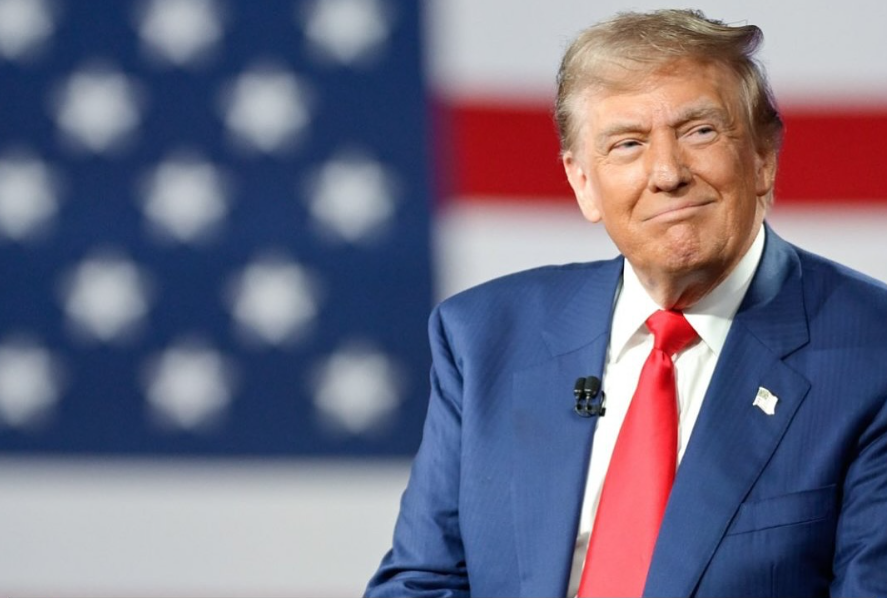[ad_1]
CARACAS (Reuters) – Lining up before dawn and honking horns, Venezuelans voted in large numbers on Sunday in an unofficial referendum organized by the opposition to push for President Nicolas Maduro’s exit and an end to nearly two decades of socialist rule.
Graphic: Venezuela’s dark days: http – //tmsnrt.rs/2pPJdRb
The symbolic poll, which asked voters’ opinion on Maduro’s plan for a controversial new congress, was aimed at denting his legitimacy further amid a crippling economic crisis and months of anti-government protests that have led to around 100 deaths.
The opposition has cast the vote, taking place at some 2,000 centers around the country, as an act of civil disobedience that will be followed by “zero hour,” a possible reference to a national strike or other escalated actions against Maduro.
Lines formed early at makeshift polling stations at theaters, sports fields, and traffic circles in the oil-rich nation of 30 million as Venezuelans furious over food shortages and rampant inflation sought to make their voices heard.
There was a festive atmosphere under the Caribbean sun, with people blasting Latin American music, honking car horns, waving yellow, blue and red Venezuelan flags, and chanting “Yes we can!”
“Maduro has done everything very badly, and now, via a fraudulent constituent assembly, he wants to gain time, but his time is up,” said shopkeeper Rafael Betancourt, voting in late leftist leader Hugo Chavez’ home state of Barinas, which has flipped to the opposition.
“This is the proof that the people will kick out whoever submits us to hunger and despair,” he added, as hundreds waited to cast their ballot.
Hooded men on motorcycles lobbed tear gas at two polling stations in the southern jungle state of Amazonas, the state’s governor told Reuters. But no other major security incidents had been reported by early afternoon.
Despite a strong turnout, the opposition vote does not appear to augur a short-term change of government or a solution to the country’s political stalemate.
Maduro, 54, has denounced the plebiscite as illegal and meaningless. Instead, the former bus driver and union leader is campaigning for an official July 30 vote in support of the proposed new assembly, which would have the power to rewrite the constitution and dissolve state institutions.
The two elections this month are a show of force from each side, with both the government and opposition effectively boycotting the other.
Voters on Sunday are being asked if they reject the constitutional assembly, whether they want the armed forces to defend the existing constitution, and if they want elections before Maduro’s term in office ends in 2018.
“The constituent assembly is bullshit. Maduro wants more power, more money, and to drive us crazy,” said garage employee Maolis Coronado, 26, after voting in a poor district of Caracas, adding that she was only eating cheap starches and had put off having a child because of the economic crisis.
Street Violence
The vote also includes participation by swelling ranks of Venezuelans who have moved abroad to escape the OPEC nation’s increasingly dire economy, with migrants casting ballots from Madrid to Miami.
Some public employees in Venezuela, under government pressure not to participate in opposition events, were seeking creative ways to vote without being noticed, such as traveling across town or even going in disguise.
The opposition predicted millions would turn out and promised results by Sunday evening.
But they could not use the country’s traditional electoral infrastructure for the hastily convened vote. The elections council – which the opposition calls a pawn of Maduro – was simultaneously holding a test-run for the July 30 vote.
Also, state telecommunications regulator Conatel ordered radio and TV stations not to use the word “plebiscite” on air and told them to pull opposition ads for the vote, according to Venezuela’s main organization of media workers.
State TV showed nothing but the simulation of the government’s July 30th vote. There were also lines for the test run in Caracas on Sunday, although the mood was more subdued than at the opposition polling stations.
“We want Venezuela to move forward, that this really become a socialism where we can all see a new dawn,” said retirement home worker Iraiz Alfonzo, 45, as she stood in line for the test run. “I can’t say everything is going well. But I know candidates to the constituent assembly and they’re well-trained. We poor people are going to be represented now.”
A high opposition turnout would reflect widespread national dissatisfaction with Maduro and bolster the campaign to remove him, while low attendance would give the ruling Socialist Party a boost for the constitutional assembly.
Describing the practice run for the July 30 vote as an “outpouring,” first lady and constituent assembly candidate Cilia Flores said in the poor Caracas neighborhood of Catia that it proved there was “more support for the president and for us.”
Sunday’s opposition referendum came against the backdrop of near daily anti-government protests. Masked youths with stones, Molotov cocktails and homemade mortars have battled riot forces using tear gas, water cannons and rubber bullets since April.
The unrest has resulted in fatalities among both demonstrators and security forces, mostly from gunshots, as well as hundreds of arrests and thousands of injuries.
Maduro has repeatedly refused to recognize the authority of the National Assembly since the opposition won control of it in a 2015 landslide election, which his critics call evidence he is eroding democratic institutions in order to retain power.
He says the country is the victim of an “economic war” and that opposition protests are an effort to overthrow him with U.S. connivance, which the United States has denied.
Additional reporting by Alexandra Ulmer, Andreina Aponte, Corina Pons, Deisy Buitrago, Diego Ore, and Eyanir Chinea in Caracas, Francisco Aguilar in Barinas, Maria Ramirez in Puerto Ordaz, Anggy Polanco in San Cristobal, and Mircely Guanipa in Punto Fijo; Writing by Brian Ellsworth and Girish Gupta; Editing by Andrew Cawthorne, Phil Berlowitz and Andrea Ricci
[ad_2]
Source link






Leave a Reply